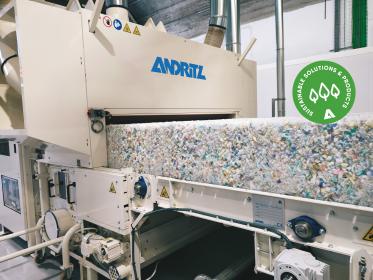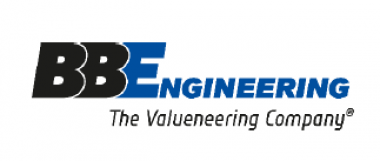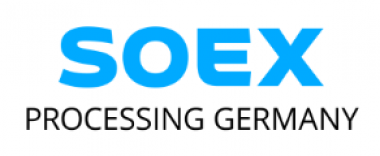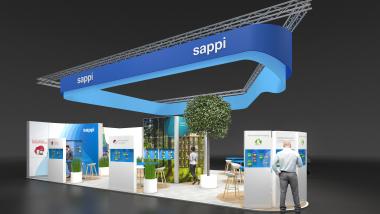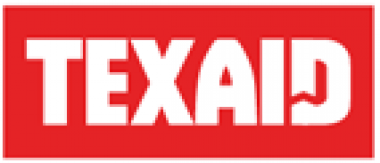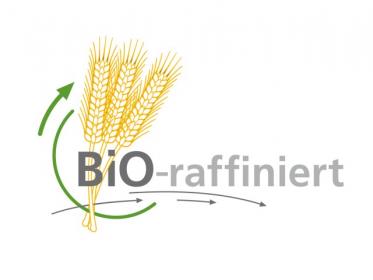New mattresses made of industrial & post-consumer foam waste
- Recypur successfully starts up a complete airlay line delivered by ANDRITZ for its mill in L’Alcúdia, Spain
The airlay line is designed for recycling of post-industrial and post-consumer foam and was developed specifically for the bedding and furniture industry, with material heights reaching 20 cm and densities of up to 120 kg/m3. Experimental tests carried out together with experts from ANDRITZ Laroche led to the conclusion that the mechanical method for recycling polyurethane is the most versatile and reliable.
With a capacity of 1.2 t/h, this airlay line enables Recypur to supply new mattresses made of industrial & post-consumer foam waste from old mattresses. This well proven process allows to reduce the environmental impact, increase self-sufficiency and eventually reduce the use of polyurethane. Such a set-up also allows multiple functional materials to be incorporated into the blend, such as flame-retardant, conductive and insulating fibers, among others. Thanks to this tailored approach, Recypur is now able to expand its diversification, innovation and reputation on the Spanish market.
The scope of supply includes a blending line with five feeders, an Exel 1500 for fine opening, an Airlay Flexiloft+ with 2.20 m working width, a recycling machine and an oven.
Airlay lines strongly support the circular economy and are part of ANDRITZ’s comprehensive product portfolio of sustainable solutions that help customers achieve their own sustainability goals in terms of climate and environmental protection.
Recypur, based in the Spanish province of Valencia, is part of DELAX, a Spanish group specialized in manufacturing and commercialization of innovative beds and mattresses. This company is the first Spanish manufacturer of recycled flexible polyurethane foam cores from post-consumer foam waste.
Andritz AG


